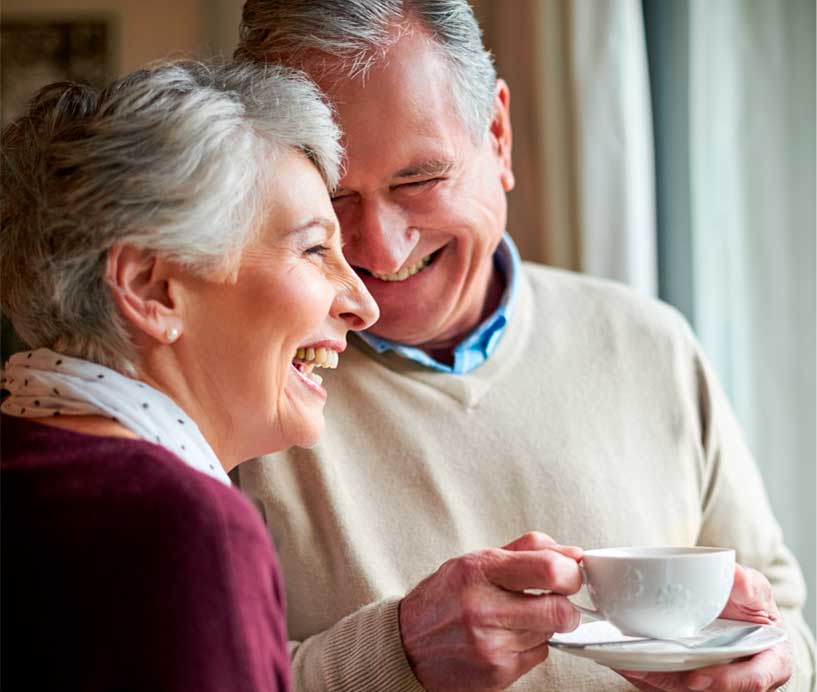Download our hydration guide tracker
Hydration Guide - Tracker (43 KB)
Hydration is important for all aspects of our bodily functions; being hydrated means having enough fluid in your body for it to work as efficiently as possible. If you are using a urinary catheter, you’re likely to be extra aware of the importance of hydration in order to maintain a healthy bladder as well as avoiding urinary catheter complications and catheter-associated urinary tract infections.

For people using urinary catheters, consuming enough fluid is especially important due to the following risks.
There is a heightened risk of developing a urinary tract infection if your urine becomes dehydrated as bacteria is able to become active in the bladder. Increasing your fluid intake helps flush the bacteria from the body and flush the catheter through.
If you are using a urinary catheter, there is a greater risk of infection, or catheter complications such as blockages or catheter bypassing problems. Dehydration, which causes concentrated urine, increases the risk of catheter blockage, so increasing your fluid intake will help reduce urine concentration.
Dehydration can cause your bowel motions to become more solid and difficult to pass. A reduction in the number of bowel movements you normally have or difficulty/discomfort having a bowel motion can be a sign of constipation.
Increasing your fluid intake will help the stool become softer and easier to pass. It is important to avoid constipation whilst using a urinary catheter. A full bowel can press on the bladder which puts pressure on the catheter, preventing it from draining urine properly.
It’s important to be able to recognise when you’re dehydrated, especially when using a urinary catheter to prevent the symptoms and health problems associated with urinary tract infections and constipation.
Thirst is not a reliable marker of dehydration, it’s a symptom that happens after you are already dehydrated. Children and older adults can have a weaker thirst response to dehydration so it’s important to monitor their hydration.
Many people become dehydrated by not drinking enough fluid or by losing fluids and not replacing them. If our bodies lose too much fluid, or if we don’t consume enough, this can lead to medical problems that may require treatment in hospital.
Download our hydration tracker to monitor your fluid intake.
Hydration Guide - Tracker (43 KB)
Drinking plenty of fluids regularly throughout the day (at least 6-8 cups a day, this is 1.8- 2.4L or 3-4 pints) is the key to staying hydrated. If you are active and/or the weather is particularly hot you should increase your fluid intake.
Keeping as hydrated as possible has been clearly demonstrated in clinical research as being the most effective lifestyle change you can make to decrease urology-related problems. Not all drinks are hydrating and some can actually contribute to dehydration. When looking for hydrating options, choose:
Some people find there are specific foods or drinks that irritate their bladder, causing discomfort or increased urination. There are lists online that unnecessarily exclude lots of foods and drinks and so it’s best to see a registered dietitian to get accurate advice, while not compromising nutrition or hydration.
Some people find keeping a food and symptom diary to be helpful to see if there are any patterns, they can find themselves. Be careful when interpreting these as some people will then exclude more from their diet than required.
Alcoholic drinks increase urination and can over-stimulate the bowels; therefore, alcohol cannot count as one of your hydrating 6-8 cups of fluids a day. It’s best to keep within the government’s recommendations of 14 units a week, spread across 4 or more days and having 2 days a week alcohol-free. A unit of alcohol is 1 x 25ml spirit measure e.g., gin, whereas a standard glass of 12% abv. wine or regular strength beer is 2 units.
It’s recommended that you check with your Doctor or Pharmacist whether your medications or immediate health may be affected before drinking alcohol.
A portion of fruit is approximately 80g or an amount that fits comfortably in a handful. Unless told otherwise, have up to 2 portions at a time to avoid consuming too much sugar. If you have diabetes, it’s advised to have 1 portion of fruit up to 3 times a day.
Some of these foods are high in sugar, whilst others contain lots of sweeteners. Eat these foods in moderation as a treat to avoid consuming too much sugar. Alternatively, choose a lower calorie option by making your own sauces with plain yoghurt and adding your own flavouring e.g., herbs and spices.
If you have any known allergies to the above foods, ensure that these are avoided. If you’re unsure or require further medical advice, ask for a professional diagnosis from your GP before consuming these foods.
Download Hydration Guide as a PDF (753 KB)